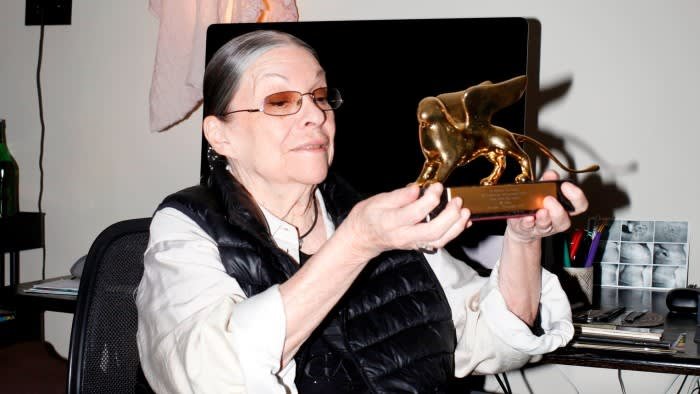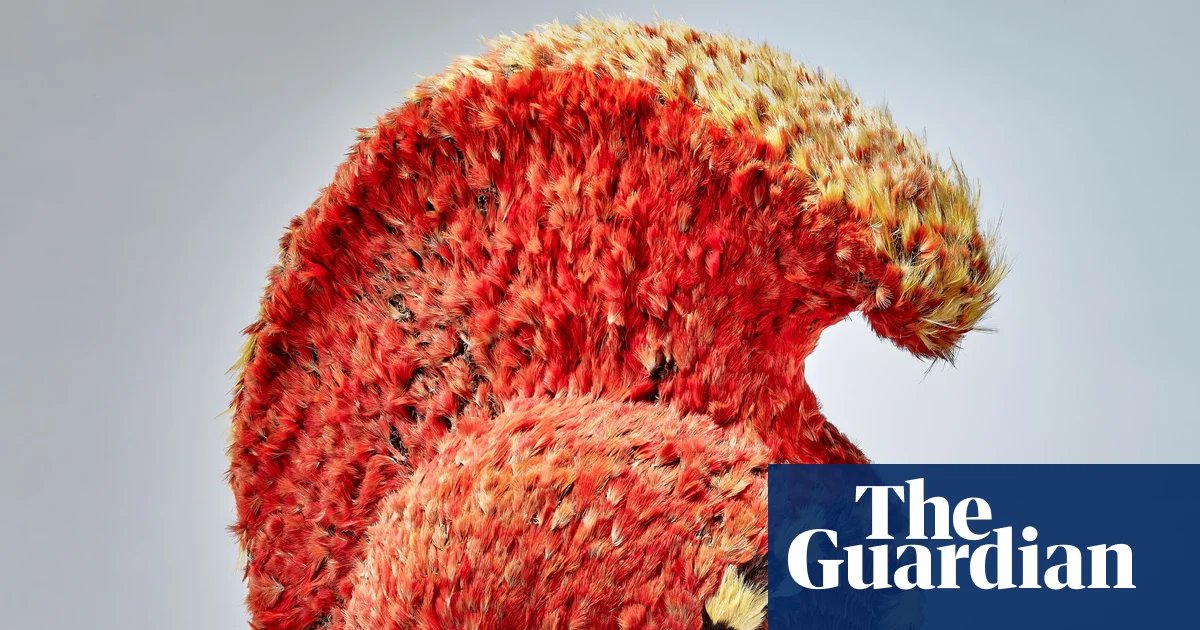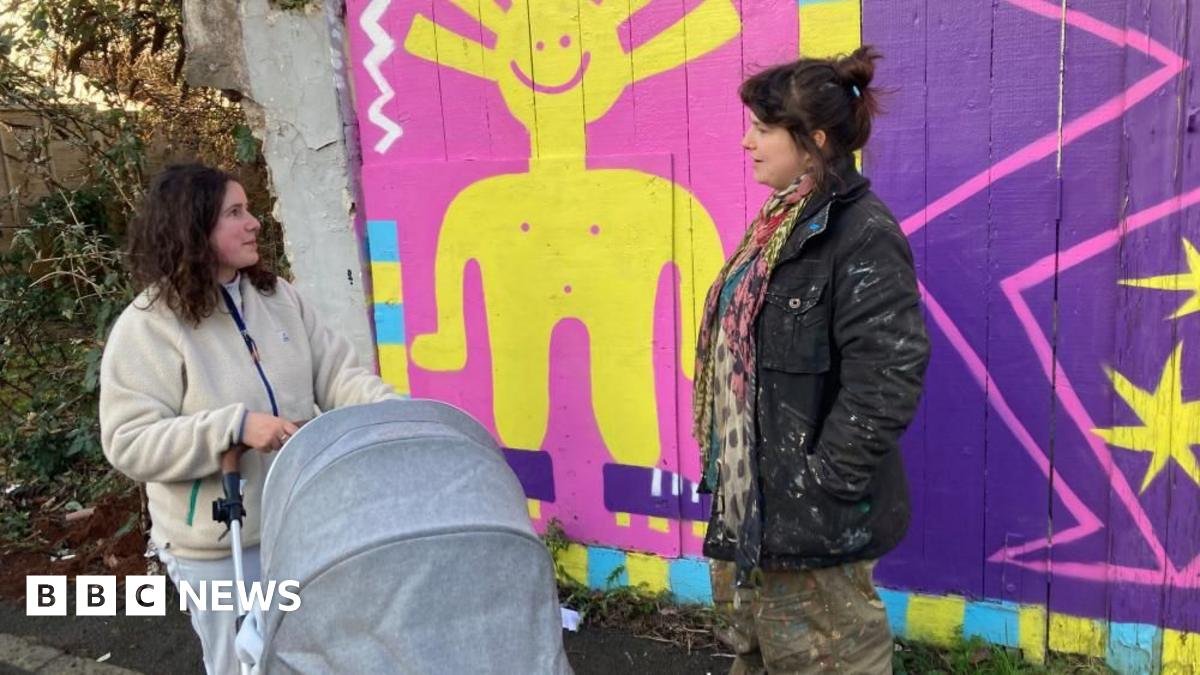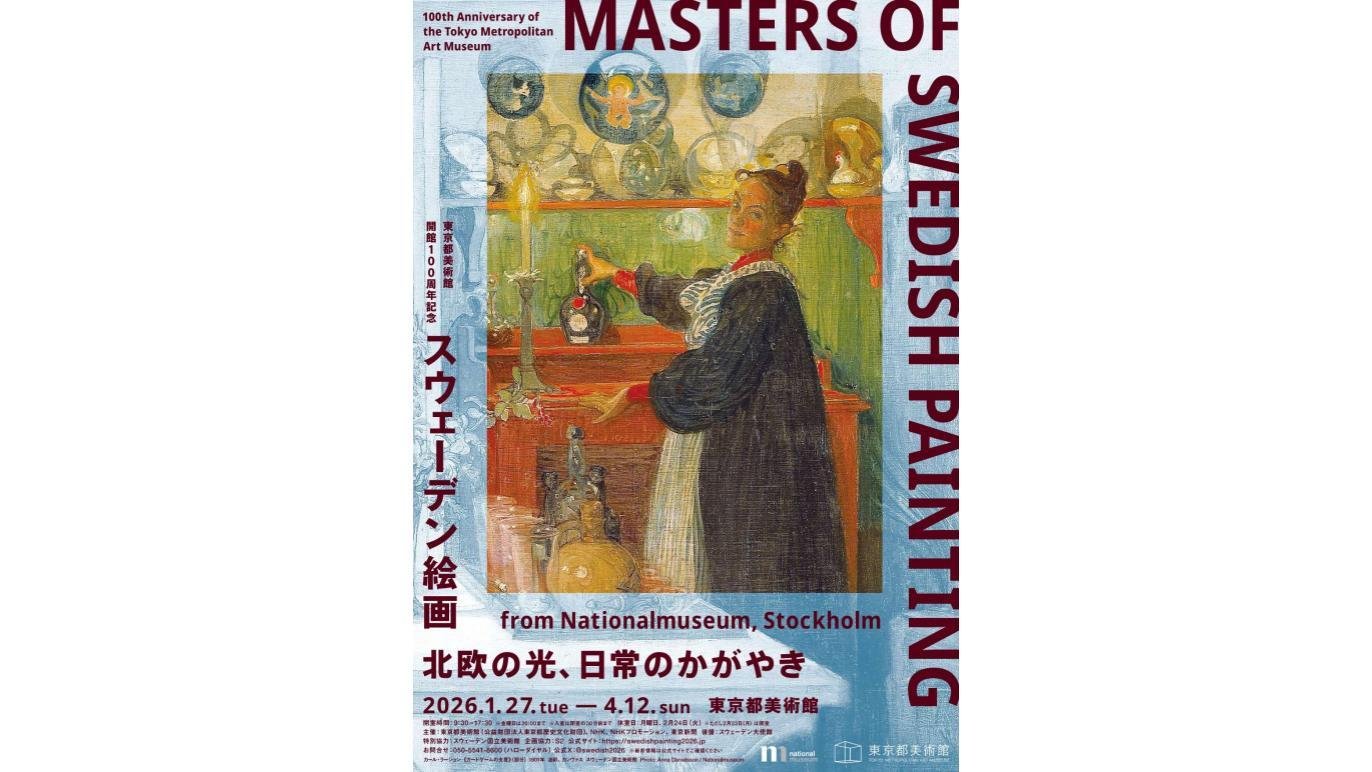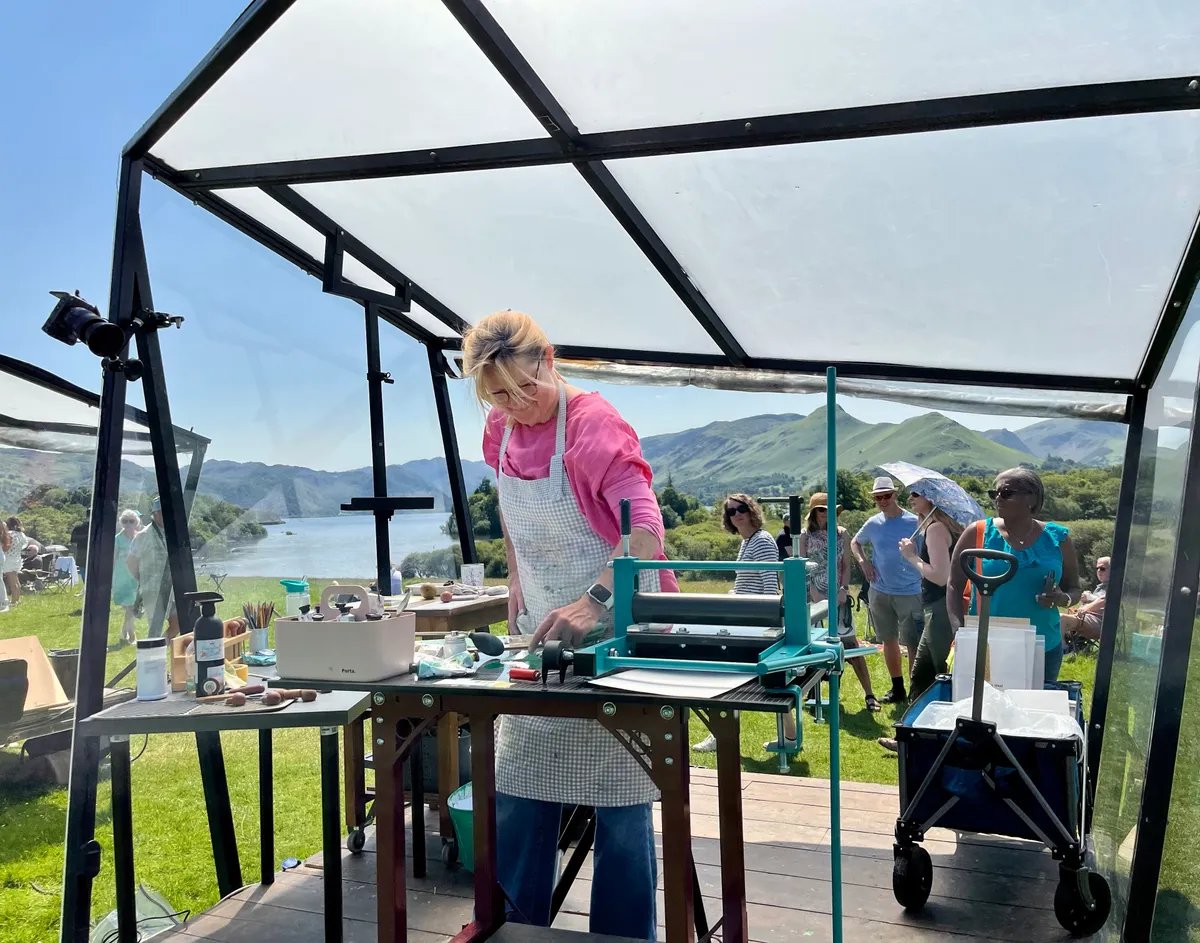As befits a woman of a certain age, Nil Yalter doesn’t receive visitors until the afternoon. “I’ve been insomniac all my life,” she tells me when I arrive at what she calls her “home studio” in Paris at 3.30pm. A two-room apartment, it’s on the ground floor of a building that once housed Napoleon’s troops. “But now with all this excitement it’s even worse,” she continues. “So I get up when I want to.”
Even for a happy sleeper, it would have been an exhausting year. In April, she received the Golden Lion for Lifetime Achievement at the Venice Biennale, where two major works by her are being shown. Another — an early video work from 1974 — was in the exhibition Presence Arabe at the Musee de l’Art Moderne de la Ville de Paris from April to August. Ab-Anbar, a Fitzrovia gallery that transplanted itself from Tehran to London a couple of years ago, featured a retrospective of her work this summer and is also featuring her work at Frieze Masters this week. Next week visitors to Art Basel Paris in the Grand Palais will find an installation called “The AmbassaDRESS”, part of the display mounted by Istanbul gallery The Pill.
“For years nobody cared,” says Yalter, 86, her hair scraped back, a shawl round her shoulders. But now people do — very much. The Venetian award — a slinky art deco cat — glimmers on a shelf. “At the beginning, they said my work wasn’t art, that it was politics and sociology. Now everyone appreciates it.”


Indeed, Yalter’s investigations of immigration, exile, displacement and the female condition seem more pertinent than ever. “Aren’t there more people than ever who feel like they might be in the wrong place, or might need to move?” she says. Throughout her 50-year career, she has told stories of determination and loss — of language, things, sense of self — in grey-on-grey video; through images printed on fabric and sewn on to canvas banners that can be rolled up and carried across continents; and in drawings sketched on top of Polaroids. “It’s all very inexpensive, my dear,” she says. “Everything is auto-financed so it’s very cheap material. Sol LeWitt said that spending too much money on making art is cultural fascism. I believe that.”
Yalter has worked with video since the first Portapak cameras became available to her in the early 1970s — the first female artist in France to do so. “You can look at your own body, you can pre-empt the male gaze,” she says of work like “Belly Dance” (1974), in which she wrote an erotic text by Renat Nilli on her torso and made the words move as she danced. More often, though, her focus is on immigrant communities. In the video work which lines the first room of the Central Pavilion in Venice — called “Exile is a Hard Job” — Turkish men in Paris detail their lives in long monologues, from which Yalter pulls out only the occasional phrase for subtitle — “We like you, they say, but we have unemployment too” — leaving the rest of their words floating and unheard. In the centre, a felt tent evokes the lives of the women left behind in remote rural communities, the structure both protection and prison.

Yalter’s own story is one of displacement, though driven more by culture than economics. Born in Cairo into an upper-class Turkish family, she grew up in Istanbul and eventually moved to Paris. “They called me an Egyptian artist in the Biennale,” she scoffs. “I’m a French artist. I’ve been French since 1958!”
Her first marriage, at 19, was to a Breton pantomime artist and together they went on the Indian hippy trail. Shortly after she married an ambassador’s son and came to Paris. When that marriage didn’t last, she found a companion whom she was with for 45 years until his death two years ago. “It was perfect, no marriage. I say to girls even today, ‘don’t sign that paper’.”
Yalter calls herself a feminist Marxist (“in the good sense of Marxism,” she adds). Her politics were partly engendered by the Parisian events of 1968, but it was in 1972, after three Turkish activists in Istanbul were hanged as political dissidents, that her work pivoted. She stopped making abstract paintings, and picked up her video camera. Real life had intervened. Real stories needed to be told.

Since then, Yalter has allowed projects to drift across the years, taking many forms, being added to and subtracted from as she wishes. The presentation of “Exile is a Hard Job” in Venice is dated 1977-2024. It also exists in a fly-posting project, where images of displaced families are pasted up in cities across the world, and written over in red with the work’s title translated into the local language. “In Valencia, the first time we did it in 2012, they’d torn them all down again by the time we’d had dinner,” she says. In Vitry-sur-Seine, on the other hand, it brought about a deep intellectual discussion.
The installation to be shown at Art Basel Paris, which dates from 1978, is also based on fact, but is a rarer piece. “It’s an atypical work and she was reluctant to show it,” says Suela Cennet, the founder of The Pill. “But it’s about privilege in times of war, and I managed to persuade her that this was the time.”
At the centre of the installation is an haute couture ivory silk Lanvin evening dress, made in 1928 and worn by someone that Yalter knew. It is surrounded by drawings and photographs that detail the dress and the context, and a video work (originally made in 1976) that investigates the garment’s silky interior, its folds and fluidity. The story is of a woman, living in Hitler’s Germany, who agreed to save a Jewish woman’s Pekinese dog, but not the woman herself.

Yalter clearly does not forget her own experiences easily. Though now she seems more focused on forging ahead. “She met an assistant in my gallery who’s working with AI,” says Salman Matinfar of Ab-Anbar. “I think she might get into that next.”
Art Basel Paris, October 18-20, artbasel.com, with Premiere artist talk: Nil Yalter on October 17; Venice Biennale, to November 11, labiennale.org

